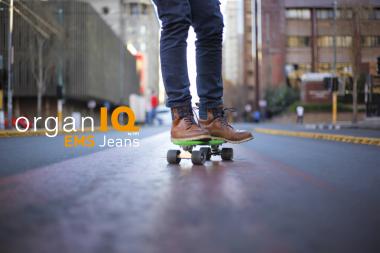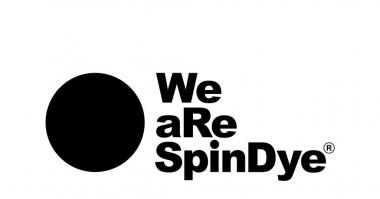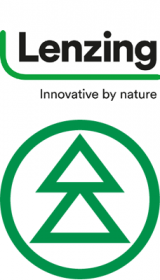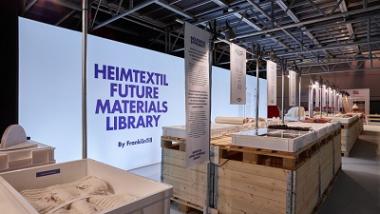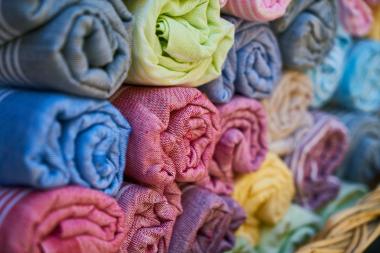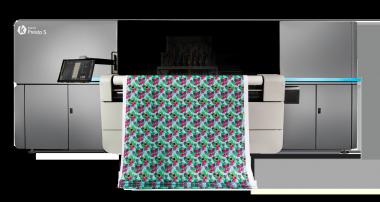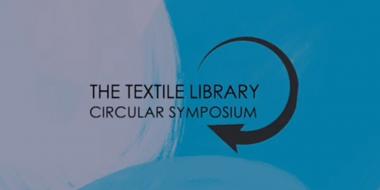ISKO invests in Green Technology for Recycling Solution
ISKO and textile research and development company HKRITA are proud to announce a licensing agreement for HKRITA’s award-winning, revolutionary Green Machine – a one-of-a-kind technology that fully separates and recycles cotton and polyester blends at scale.
The technology is still in the pilot stage, but is an additional step in ISKO’s drive to improve and commercialize recycling technologies which will eventually enable the company to offer a 100% post-consumer recycling solution to all of its customers. In addition, ISKO and HKRITA will work together to develop related technology, further strengthening the company’s position in sustainability.
The Green Machine uses an innovative and ultra-efficient hydrothermal treatment method that decomposes cotton into cellulose powders and enables the separation of polyester fibres from blended fabrics. The process is a closed loop and uses only water, heat and less than 5% biodegradable green chemicals. Crucially, this method does not damage the polyester fibres and therefore maintains their quality; the cellulose powders, which are clean and toxic-free, can be used in a variety of ways.
The investment in this new technology is the latest in ISKO’s ongoing drive for advancements in sustainability. As part of the company’s R-TWO™ programme, it is also working to develop fabrics with a guaranteed minimum 50%+ GRS (Global Recycle Standard) recycled content blend. This will significantly reduce the carbon and water footprint of a fabric, as well as make it easy for consumers to trace a garment’s sustainable journey step-by-step from the beginning of the supply chain through to the end product they purchase.
ISKO / Menabò Group






